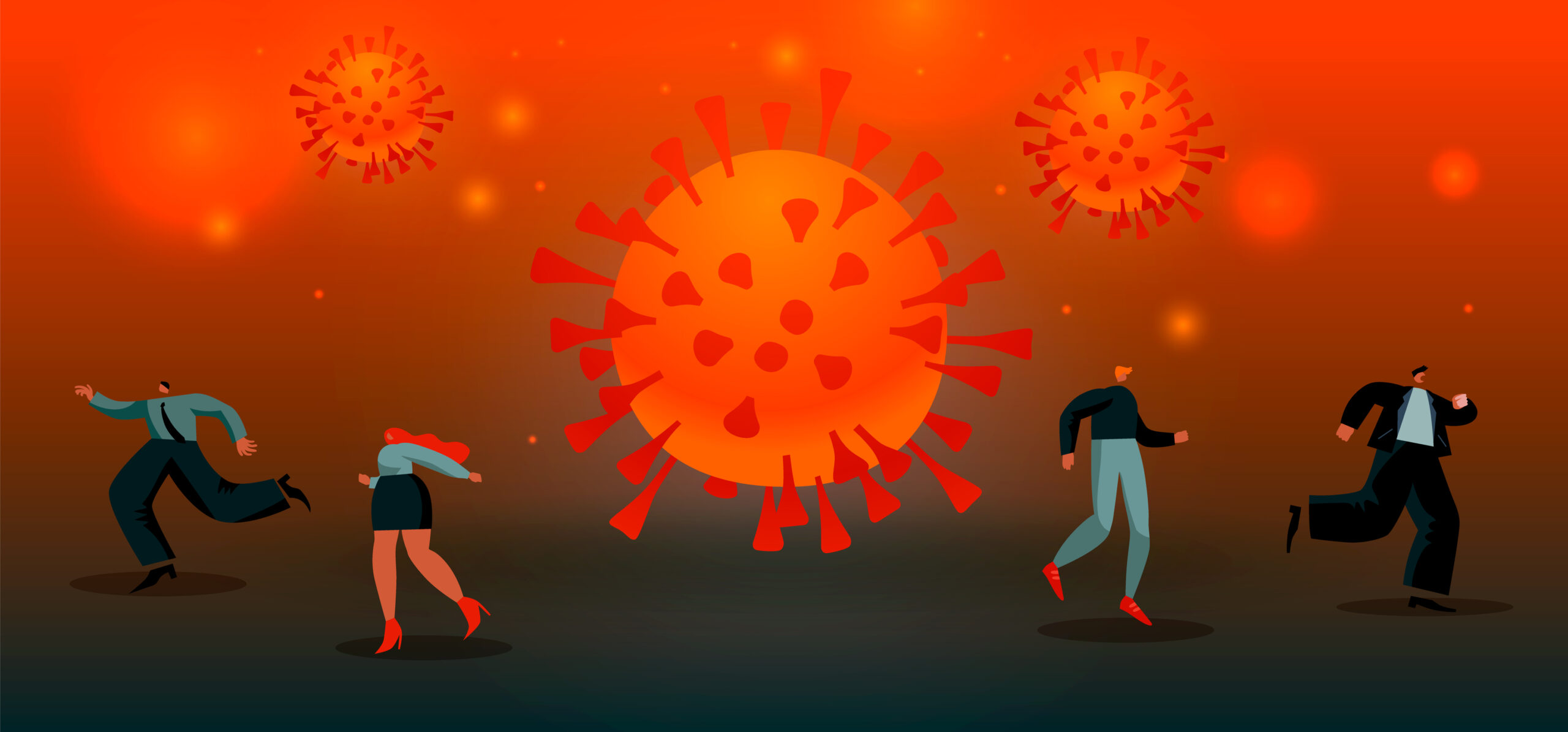As alarming new facts and figures related to the spread of coronavirus are released each day, there is also a great deal of false news and rumor-spreading which not only gives people bad information but can unnecessarily create added anxiety and stress. Recent studies have found that seniors reading posts on social media like Facebook are more likely to share fake news than any other age group.
While it’s important to use technology and social media apps to stay connected with friends and family during this unprecedented period of self-isolation, sharing misinformation from unreliable sources can have a cascading effect that may actually cause individuals harm.
Recently, the health minister of France issued a warning for people sick with COVID-19 to avoid taking drugs like ibuprofen and aspirin, advising that these anti-inflammatories could worsen symptoms of coronavirus. With a little digging, it turns out that there is no hard evidence to support this claim. However, although very high temperatures, nearing 104 degrees, are not safe for infants, pregnant women or people with heart disease, a higher body temperature helps the immune system kill viruses and bacteria. Bringing a temperature down with NSAIDs or acetaminophen can cause symptoms to last longer, increasing the time an individual is contagious. Studies have also found that aspirin may increase virus shedding and spread infection. To be safe, it seems sensible to stick to Tylenol (acetaminophen) for symptom relief among higher-risk groups.
While many people are sharing information in an attempt to inform and protect their family and friends during this pandemic, it’s important to fact-check your information source. Another example of a wide-spread myth surrounding COVID-19 is that the virus “doesn’t like warm weather”. According to the World Health Organization, from all evidence so far, the new coronavirus can be transmitted in all areas, including hot and humid climates. Cold weather and snow cannot kill the virus either; the best way to protect yourself is to frequently clean your hands with soap and water, avoid gatherings of more than 10 people, keep a distance of 6 feet from others and avoid touching your eyes, mouth and nose.
Older people and those with underlying chronic health conditions like asthma, diabetes or heart disease are at greater risk of becoming severely ill with the virus. Learn more about myths and facts regarding COVID-19 by following this link to the WHO website.






Add Your Voice
0 Comments
Join the Discussion